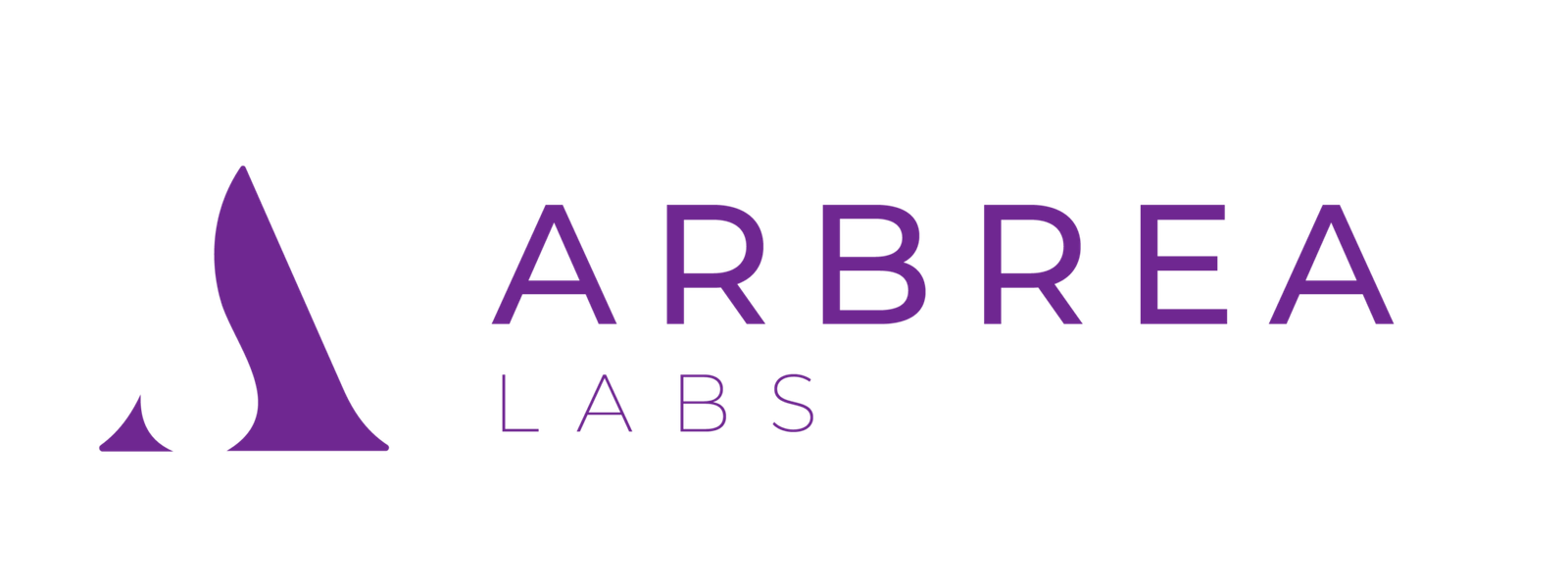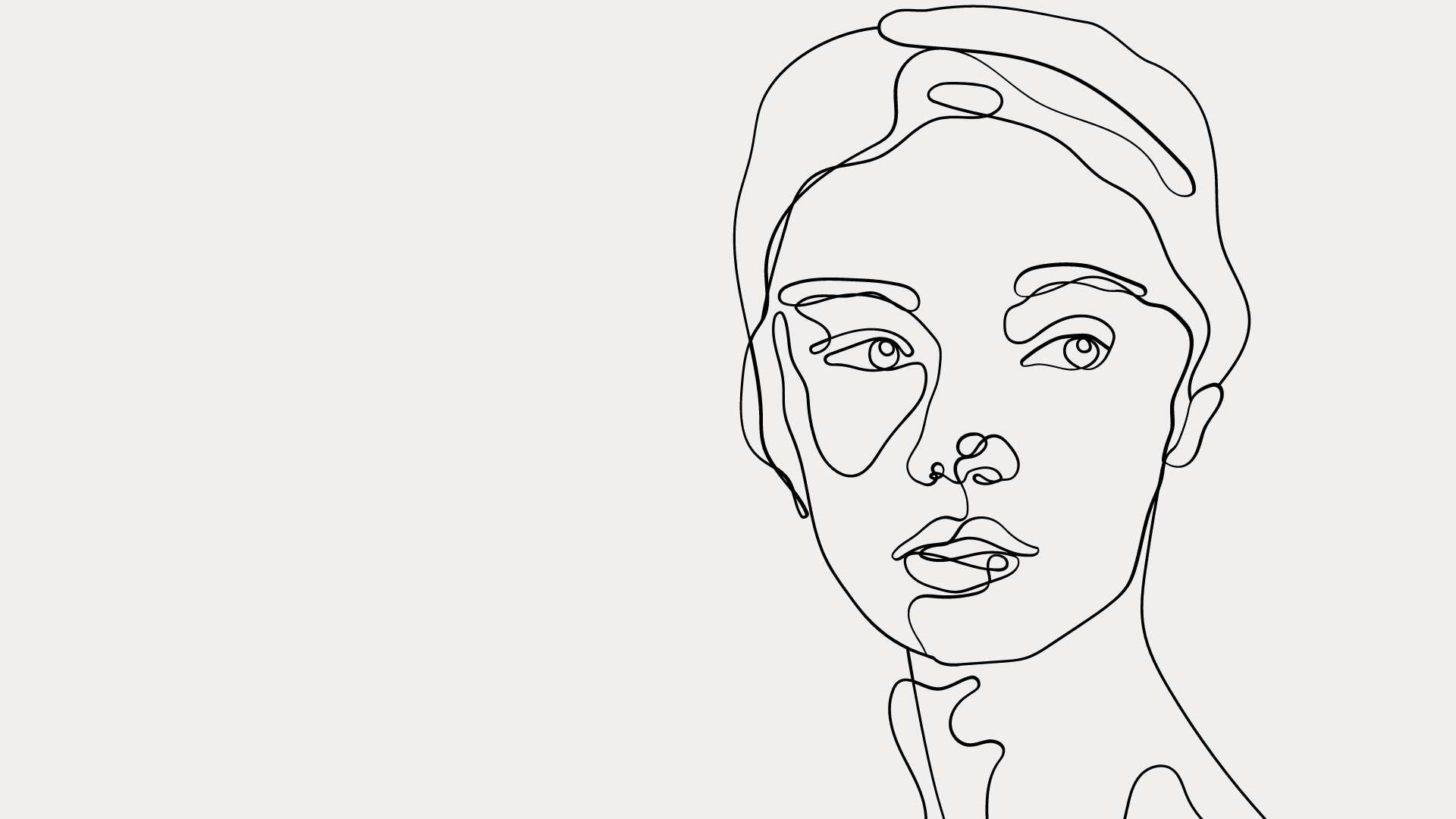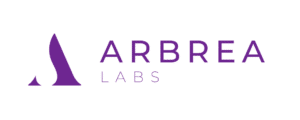In a collective interview, five distinguished famale doctors in the field of plastic surgery and aesthetics medicine shed light on their unique experiences, challenges, and contributions as women in their profession. Each doctor brings a distinct perspective to the table, emphasizing the importance of understanding and addressing the specific needs and concerns of female patients. From navigating gender biases to revolutionizing the field through femMed (female medicine) research, these women share valuable insights, empowering both their colleagues and patients. As we celebrate International Women’s Day, this conversation serves as a testament to the resilience, empathy, and professionalism these women bring to their practice, shaping the future of plastic surgery and aesthetics medicine.
How do you believe your unique perspective as a woman doctor in plastic surgery and aesthetics medicine contributes to empowering women, especially on a day like International Women’s Day?
As a female doctor, especially in Plastic surgery, we have the chance to thoroughly understand the needs, pains and motivations of patients and lead them through decision making. Especially in aesthetic surgery the importance of understanding patients obligations in everyday life is crucial for planning surgical treatments. – Dr. Eva Neuenschwander Fürer
As a female doctor, I believe my sensitivity plays a crucial role in understanding the journey patients undergo in plastic surgery, particularly when deciding on breast size for procedures like augmentation or reduction. I actively listen to their needs and goals, recognizing the discomfort that can arise from overly large breasts. This awareness motivates me to prioritize meeting their objectives rather than adhering to a predefined aesthetic ideal. – Dr. Elsa Raskin
FemMed (female medicine) research and development is gaining attention for addressing women’s health concerns and aesthetic preferences. What potential do you see in this area, and how might it revolutionize the field of plastic surgery and aesthetics medicine?
It is great that there is female medicine research! Findings from this research will additionally empower female surgeons to get over the still existing gender gap of professional credibility in some parts of the population. – Dr. Eva Neuenschwander Fürer
Regarding femMed (female medicine), I see significant potential in this sector. Women have specific health and aesthetic needs and preferences, and femMed focuses on addressing these particularities. In plastic surgery and aesthetic medicine, women may feel more comfortable and understood when seeking treatment from female professionals. Empathy, sensitivity, and an understanding of female needs can revolutionize how surgeries and aesthetic treatments are approached.
The potential of femMed lies in creating deeper and more authentic connections between female professionals and patients. The ability to understand women’s concerns and specific needs can significantly enhance the overall experience and outcomes of procedures. In the future, I hope that aesthetic medicine and plastic surgery increasingly adopt a femMed approach, allowing women to feel more secure and satisfied with the results. – Dr. Rosita Pensato
Have you encountered any specific challenges or barriers as a woman in this predominantly male-dominated field? How did you navigate through them and what lessons did you learn along the way?
I work in a university and I am frequently asked whether being a woman has been an advantage or a disadvantage in my career. With great pride, I can confidently say that it has been absolutely advantageous. Firstly, because I resisted the temptation to adopt a more masculine approach, which is an error that many colleagues make. I chose to maintain my individuality and highlight its unique characteristics. Therefore, working in a university, I have embraced my role as a surgeon, but as a woman in the most positive sense of the term.
I want to add that I am completely opposed to gender quotas in scientific conferences, where I actively participate. I’ve observed a recent trend where specific sessions are created, often labeled “Women Sessions.” Personally, I detest this approach and rarely attend such sessions because I believe they represent a form of segregation and, ultimately, a kind of sexism against women. I see no reason why we should be segregated into separate sessions, something that doesn’t happen with male sessions.
When I am invited to participate in conferences, I want it to be based on my skills and work, not my gender. I believe my involvement should be evaluated based on the contribution I can make, regardless of gender. Gender quotas, in my opinion, weaken our role and image. We are human beings, and there are highly competent women just as there are highly competent men. I like to envision a world where selection is based on merit rather than predetermined quotas.
So, I firmly reiterate that we don’t need gender quotas to prove our worth. We should elect or select individuals based on their skills and actual contributions, not on gender. Gender quotas, in my view, are a sad and ineffective solution for promoting gender equality in scientific contexts – Dr Barbara Cagli
As a plastic surgery resident I only got non -permanent contracts for one year. Thus when I got pregnant I did not get any paid leave and had to finance everything by myself. – Dr Eva Neuenschwander Fürer
Yes, I have faced specific challenges as a woman in a predominantly male field, and unfortunately, these challenges are a daily occurrence. The barriers primarily stem from existing prejudices against women, perceiving them as less capable professionals, as if there were some biological limit hindering their full potential.
To overcome these challenges is an ongoing struggle, and currently, there is no straightforward solution. The pervasive prejudices are deeply rooted, often portraying women as fragile or incapable in surgical contexts. Despite our efforts, these biases persist, making it challenging to entirely overcome such differences.
Women in our field often invest extra effort to surpass these obstacles and prove themselves. We strive to be exceptionally well-prepared and professional, addressing both the human and scientific aspects of our work. However, even with this commitment, overcoming societal prejudices remains a formidable task. – Dr Rosita Pensato
What valuable advice would you offer to aspiring female doctors interested in pursuing a career in plastic surgery and aesthetics medicine, considering your own journey and experiences?
Never step back or consider yourself as less talented when some colleagues seem to communicate in a more confident manner about their own knowledge and capabilities. – Dr. Eva Neuenschwander Fürer
One key message I often share with my colleagues is the importance of embracing our multifaceted identities. I encourage them to take pride in being not just surgeons but individuals with rich personal lives. It’s essential not to succumb to a victim mentality but rather to navigate the challenges with resilience and determination.
It’s common for people to lament the perceived disadvantages faced by women in our field. However, I believe that by acknowledging and celebrating our unique identities, we can turn these challenges into opportunities for growth. Yes, the path may be challenging, but I find great satisfaction in saying that life has offered me many beautiful experiences beyond my role as a surgeon.
In essence, my message is to be proud of who we are, to not let the system define us, and to recognize that our diverse life experiences enrich our abilities as surgeons. Each challenge we face is an opportunity for personal and professional development, and I am content to have embraced a myriad of wonderful experiences throughout my journey. – Dr Barbara Cagli
Be prepared to challenge gender stereotypes within the field. Prove your capabilities through excellence in your work and cultivate a strong professional identity that transcends societal biases. Strive for a healthy work-life balance. The demands of a medical career, especially in a specialized field like plastic surgery, can be intense. Prioritize self-care and well-being to sustain your passion and effectiveness in your profession. – Dr. Rosita Pensato
Reflecting on your career, could you share a memorable moment where your gender influenced your approach or perspective in treating a patient? How did this experience shape your practice or understanding of patient care?
When a patient said to me for the first time that she would never undress and show her problem to a male doctor, I realized, that we as female doctors can offer safety and peer like understanding in intimate medical situations – Dr. Eva Neuenschwander Fürer
In my practice, I believe that my understanding of the female experience, both physically and emotionally, allows me to connect with patients on a deeper level. This connection is particularly empowering for women seeking plastic surgery or aesthetic treatments because they often have specific concerns and desires related to their unique experiences. – Dr. Rosita Pensato
I see it as my task to help women feel comfortable in their own skin, by fixing their insecurities (through surgery or non-surgical treatments), which helps them LIVING THEIR BEST LIFE! I personally consider the fact that my clients look great a bonus. I’m convinced that feeling empowered comes from feeling good on the inside! – Dr. Annemarie Nijboer
Balancing traditional beauty standards with advocacy for diversity and inclusivity can be challenging. How do you navigate this pressure within your practice, and can you share any strategies or insights you’ve found effective?
There are no general principles, every case is individual. The best advice is to listen to the patient very intensely and ask as many questions as possible to be sure about the goals and the picture the patient has from herself or himself – Dr. Eva Neuenschwander Fürer
When consulting with female patients, what are some common concerns or anxieties you’ve observed, and how do you approach addressing them to ensure their comfort and confidence throughout their journey in plastic surgery and aesthetics medicine?
Patients are mostly concerned about discretion and are afraid of unnatural results visible for others. One has to earn patients confidence by giving them space and not urging them to accept offered treatements or operations – Dr. Eva Neuenschwander Fürer
Gradually, women are realizing that the role of a plastic surgeon or a doctor specializing in aesthetic medicine better understands their needs, both in terms of surgical interventions and facial concerns. This understanding extends to aesthetic needs for the body and face, as women engage in conversations among themselves. There’s a heightened level of comprehension, at least that’s what I often hear from patients. They feel more understood by a woman, as opposed to men who sometimes ridicule the aesthetic and surgical needs of women, whether it’s from a surgical or a purely aesthetic perspective. – Dr. Rosita Pensato

Dr. Barbara Cagli
Dr. Barbara Cagli, a distinguished plastic surgeon hailing from Rome, graduated with honors in Medicine and Surgery in 2001. Specializing in Plastic, Reconstructive, and Aesthetic Surgery at the University Campus Bio-Medico in Rome, she has since become a leading expert in her field. Dr. Cagli holds a Ph.D. with honors in “Dermatology, Plastic Surgery, and Human Anatomy” from the University La Sapienza and obtained National Scientific Qualification in Plastic-Reconstructive Surgery, Pediatric Surgery, and Urology in 2018. With a focus on aesthetic and reconstructive breast surgery, she serves as the Plastic Surgeon Representative of the Breast Unit at the University Polyclinic Campus Bio-Medico in Rome, showcasing her commitment to excellence and leadership in the realm of plastic surgery.
. 
Dr Annemarie Nijboer
Dr Annemarie Nijboer, a distinguished medical specialist in plastic and aesthetic surgery, boasts an impressive background rooted in her human medicine studies at Rijksuniversiteit Groningen, Netherlands. With a Ph.D. earned through surgical education at prestigious institutions, including the University Medical Center Groningen and Princess Alexandra Hospital in Brisbane, Australia, Dr. Nijboer specializes in breast surgery, intraabdominal interventions, hernia surgery, trauma, and reconstructive surgery. Her decade-long experience as an attending physician at the Universitätsklinikums in Frankfurt reflects her commitment to general and visceral surgery. Dr. Nijboer’s global perspective, fostered by a fellowship in visceral surgery in Australia, enhances her approach to patient care, solidifying her reputation as a leading authority in the field of plastic and aesthetic surgery.

Dr. Eva Neuenschwander Fürer
Dr. med. Eva Neuenschwander Fürer, a trailblazer in the realm of plastic and reconstructive surgery, has been shaping the Swiss medical landscape since 2012 with her own clinic in Zürich. With a career spanning over two decades, she has contributed significantly to the Zentrum für Plastische Chirurgie der Klinik Pyramide am See and holds the title of Fachärztin FMH für Plastische, Rekonstruktive und Ästhetische Chirurgie since 1996. Driven by an unwavering commitment to excellence, she is an active member of renowned societies and a trainer at the Allergan Medical Institute. Proficient in six languages, Dr. Fürer’s personalized approach to patient care is complemented by her dual nationality, family life, and a rich professional journey.

Dr. Rosita Pensato
Dr. Rosita Pensato is a highly regarded specialist in the field of Plastic, Reconstructive, and Aesthetic Surgery, practicing in the vibrant location of Vomero (NA). With a dedication to enhancing both form and function, Dr. Pensato has established herself as a sought-after professional in the realm of aesthetic medicine. Her expertise extends across various surgical procedures, addressing the unique needs and aspirations of her patients. As a resident of Vomero, Dr. Pensato not only brings clinical proficiency to her practice but also a deep understanding of the local community’s diverse aesthetic preferences and health concerns. Committed to the well-being and confidence of her patients, Dr. Rosita Pensato continues to make significant contributions to the field, ensuring personalized and effective solutions in the ever-evolving landscape of plastic and aesthetic surgery.

Dr. Elsa Raskin
Dr. Raskin grew up in Switzerland and earned her M.D. from the University of Geneva. After training in general surgery at New York University she studied ophthalmology at New York Eye and Ear Infirmary. She completed plastic surgery training at New York Presbyterian and a plastic surgery fellowship at the University of Pittsburgh Medical Center and an additional fellowship in oculoplastics at the University of Pennsylvania. After practicing for five years in New York, Dr. Raskin relocated to Greenwich in 2006 and opened her current practice.







